Contents
Guide

The author and publisher have provided this e-book to you for your personal use only. You may not make this e-book publicly available in any way. Copyright infringement is against the law. If you believe the copy of this e-book you are reading infringes on the authors copyright, please notify the publisher at: us.macmillanusa.com/piracy. LADIES AND GENTLEMEN , I never found in books any formula for writing poetry; and I, in turn, do not intend to leave in print a word of advice, a method, or a style that will allow young poets to receive from me some drop of supposed wisdom. Thus spoke Pablo Neruda on December 13, 1971, upon receiving the Nobel Prize for Literature.
He had become by then the Latin American poet par excellence, a Walt Whitman of the Spanish language. The Stockholm committee acknowledged Neruda for a poetry that with the action of an elemental force brings alive a continents destiny and dreams. That continent was knownmaybe still isfor being trapped in a hundred-year labyrinth of solitude. But Neruda added: There is no unassailable solitude. All roads lead to the same point: to the communication of who we are. And we must travel across lonely and rugged terrain, through isolation and silence, to reach the magic zone where we can dance an awkward dance.
It was clear at Nerudas centennial, celebrated in 2004, that his journey has never been more tangible. He is the emblem of the engaged poet, an artist whose heart, always with the people, is consumed by passion. That passion is defined by politics. Gabriel Garca Mrquez called him the best poet of the twentieth centuryin any language. The blurb might be overinflated. There is already little doubt, though, that Neruda is among the most lasting voices of that most tumultuous (in his own words, the saddest) century.
He is surely one of the most popular poets of all time; his books, from his romantic Twenty Love Poems and a Song of Despair to his masterpiece The Heights of Macchu Picchu, and his memorable and endlessly mutating poems about Isla Negra sell millions of copies in dozens of countries. Even before his death in 1973, at the age of sixty-nine, Neruda was an icon of the young: at once eternally idealistic and impossibly hyperkinetic. Among his own idols was Walt Whitman, whom he called an essential brother. Whitman personified for Neruda the crossroads where poetry and politics meetor dontand the commitment to use the pen as a calibrator of ones age. After a self-centered start, he published Canto general, the endeavor that made him dutifully famous, written over a decade (193849) that spanned the atrocities and war crimes of World War II. Canto general offered a CinemaScope portrait of the Americas, the United States included, that still is unprecedented.
Everything is included: its mineral structure, its flora and fauna, the tribal struggles of its pre-Columbian past, the sweeping swords of the conquistadors and liberators, and a picture of average workers in factories at midcentury, anonymous in their jobs or on strikes to improve their miserable labor conditions. Though Borges and Neruda are polar opposites, there is something almost Borgesian in Nerudas task: yes, as the Nobel announcement had it, he attempted to reduce the universeor at least a universeinto a single book. Poetry today appears to have lost that ambition, supplanting it with an endless need to emphasize the autobiographical. Creative writing workshops do little but manufacture inane poems by consent. In spite of his refusal to leave us a manual of style, Nerudas oeuvre displays a clear pedagogy: it puts poetry and history side by side. This isnt to say that Neruda is foolproof.
The evidence points to the contrary. His best poems feel as if created by one who is not as temperate as one is likely to imagine. He also left us an overdose of bad poetry. How could he not when his five-volume Obras completas, published in Spanish in 1999, totals some six thousand pages? While editing The Poetry of Pablo Neruda, published in 2003, I often thought of Truman Capotes comment on Jack Kerouac: he didnt write, Capote said, he simply typed. Nerudas late oeuvre is passable at best and disheveled at worst. Indeed Alastair Reid, one of Nerudas most accomplished English translators, told me I was doing a disservice by releasing, in between covers, an excess of six hundred poems by the Chilean laureate, organized so as to show the overall arc of his career.
However, an unsmoothed Neruda is better than a censored Neruda, even when that censorship has nothing to do with politics and all to do with aesthetics. To fully appreciate the sublime, it helps to meddle with the unworthy. The most attractive yet delicate aspect of Nerudas posterity has to do with his ideological odyssey. He was simultaneously a witness and a chronicler of most of the decisive events of the twentieth century. From the remoteness of his childhood he heard the bangs of the Great War, was a published poet in Spain in the 1930s (he befriended Federico Garca Lorca), traveled through the Soviet Union, saw the rise and demise of Hitler, made it to Cuba after 1959, opposed the U.S. invasion of Vietnam and Cambodia, and was in Chile when General Augusto Pinochet orchestrated a coupon the other 9/11against the elected Socialist president Salvador Allende.
In fact, Neruda often posed as a politician: he was a senator in Chile and also a presidential hopeful; and at various moments and different geographies he was a diplomat. None of which managed to dissipate his navet. In a poem he imagines Franco in hell: May you be alone and accursed, / alone and awake among all the dead, / and let blood fall upon you like rain, / and let a dying river of severed eyes / slide and flow over you staring at you endlessly. He was a staunch supporter of Stalin, which prompted him to write cheap red propaganda. He imprudently embraces Fidel Castro: Fidel, Fidel, the people are grateful / for word in action and deeds that sing, / that is why I bring from far / a cup of my countrys wine. And in the early 1970s he wrote a book called, embarrassingly, Incitacin al Nixonicidio in English, Invitation to the Nixonicide.
Still, Neruda is a torch-bearer. On campus in the 1970s he was a favorite. The beatniks made him a role model. But then the neoliberals of the 1980s turned him into an archaism. In 1995 came Michael Radfords film Il Postino, based on a novella by Nerudas compatriot Antonio Skrmeta. Since then he has enjoyed a renewed appeal, intensified by the festivities surrounding his centennial.
Students embrace him because he sought fairness and didnt shy away from resistance. The Communism that Neruda so fervently championed has lost its gravitas, but another larger-than-life conflict has taken hold. How would he react to the current atmosphere where civil liberties are under threat in our country, which prides itself on being fundamentally democratic? And what would his take be on the misconstrued War on Terror? In his Nobel speech he said he had no manual to offer to the next generation. His poetry is anything but programmatic: it is fluid, rambunctious, centrifugal. His unstoppable commitment to freedom during the Spanish Civil War has enormous currency nowadays. After the terrorist bombings in Madrid in March 2004, the electorate voted Jos Mara Aznar out of office in a clear rebuttal of his foreign policy in Iraq.
Nerudas indictment of careless corporate globalism in poems like United Fruit Co. has, if anything, become more urgent. And his anger against limitations on press freedom, from Venezuela to Saudi Arabia, North Korea and the United States, feels as if it had been expressed just this morning. Im especially drawn to Nerudas deep if conflicted love toward el coloso del norte, the English-speaking America. Throughout his life he made sure to distinguish between the people of the United States and its government. He honored the honesty and noblesse in the American masses but reacted irritably when that honesty and noblesse were betrayed by politicos.


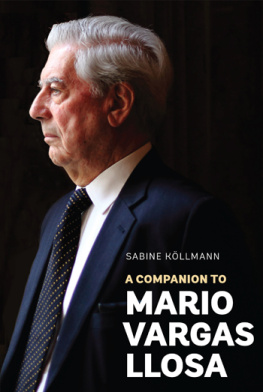
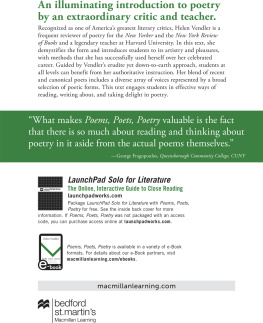
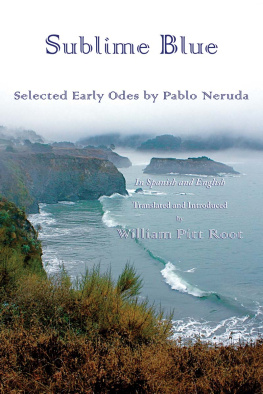
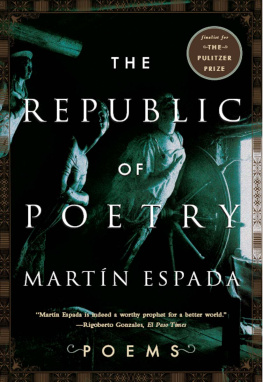
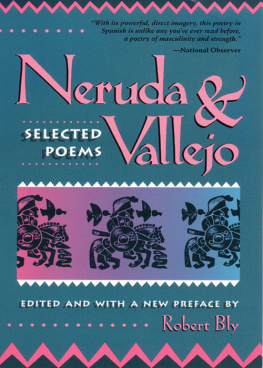
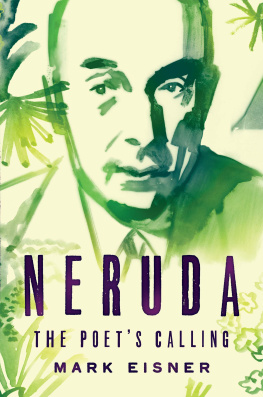
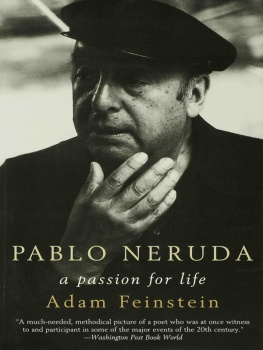
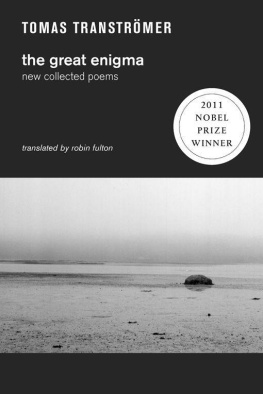
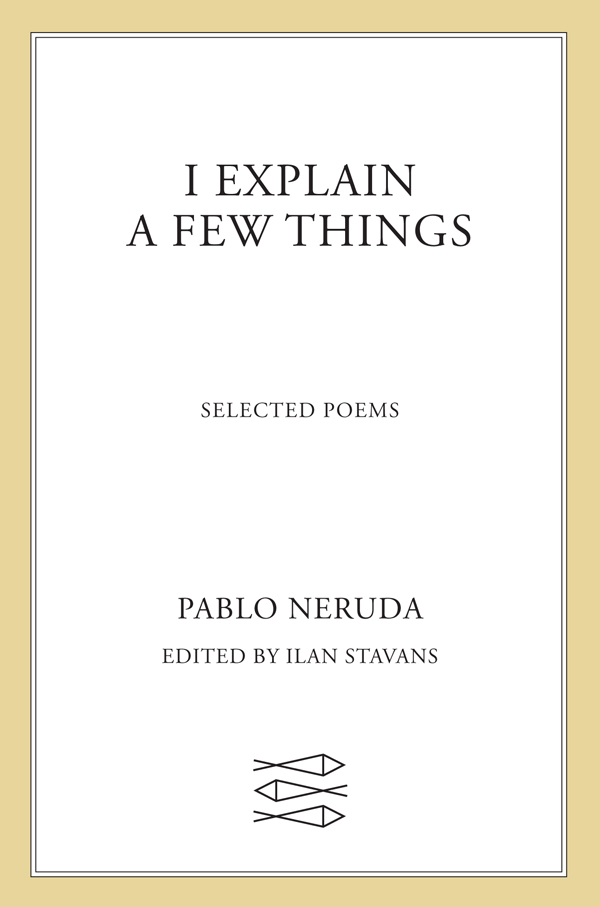
 The author and publisher have provided this e-book to you for your personal use only. You may not make this e-book publicly available in any way. Copyright infringement is against the law. If you believe the copy of this e-book you are reading infringes on the authors copyright, please notify the publisher at: us.macmillanusa.com/piracy. LADIES AND GENTLEMEN , I never found in books any formula for writing poetry; and I, in turn, do not intend to leave in print a word of advice, a method, or a style that will allow young poets to receive from me some drop of supposed wisdom. Thus spoke Pablo Neruda on December 13, 1971, upon receiving the Nobel Prize for Literature.
The author and publisher have provided this e-book to you for your personal use only. You may not make this e-book publicly available in any way. Copyright infringement is against the law. If you believe the copy of this e-book you are reading infringes on the authors copyright, please notify the publisher at: us.macmillanusa.com/piracy. LADIES AND GENTLEMEN , I never found in books any formula for writing poetry; and I, in turn, do not intend to leave in print a word of advice, a method, or a style that will allow young poets to receive from me some drop of supposed wisdom. Thus spoke Pablo Neruda on December 13, 1971, upon receiving the Nobel Prize for Literature.